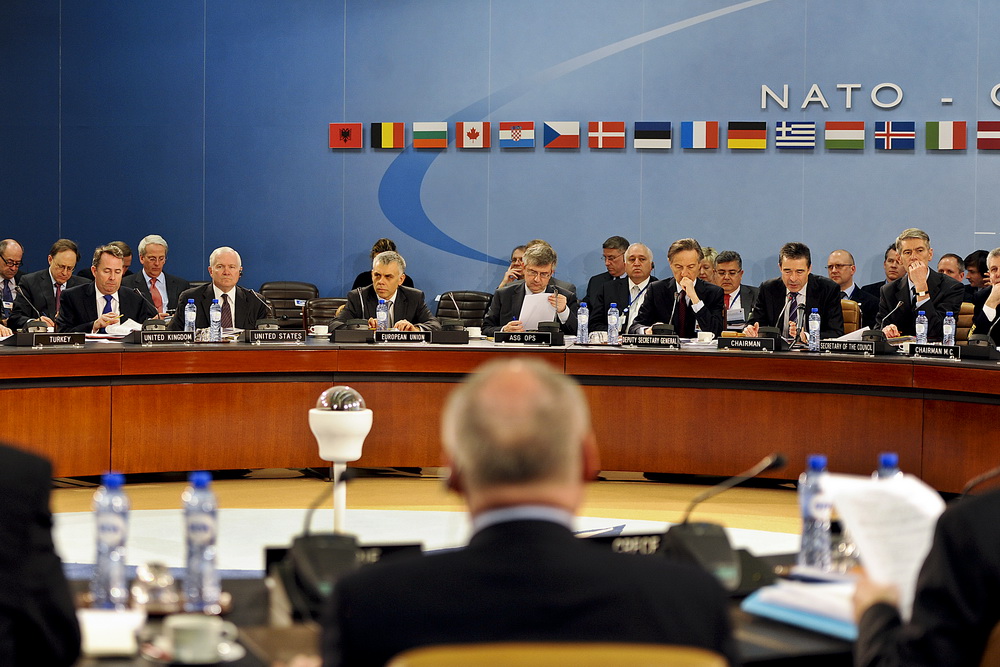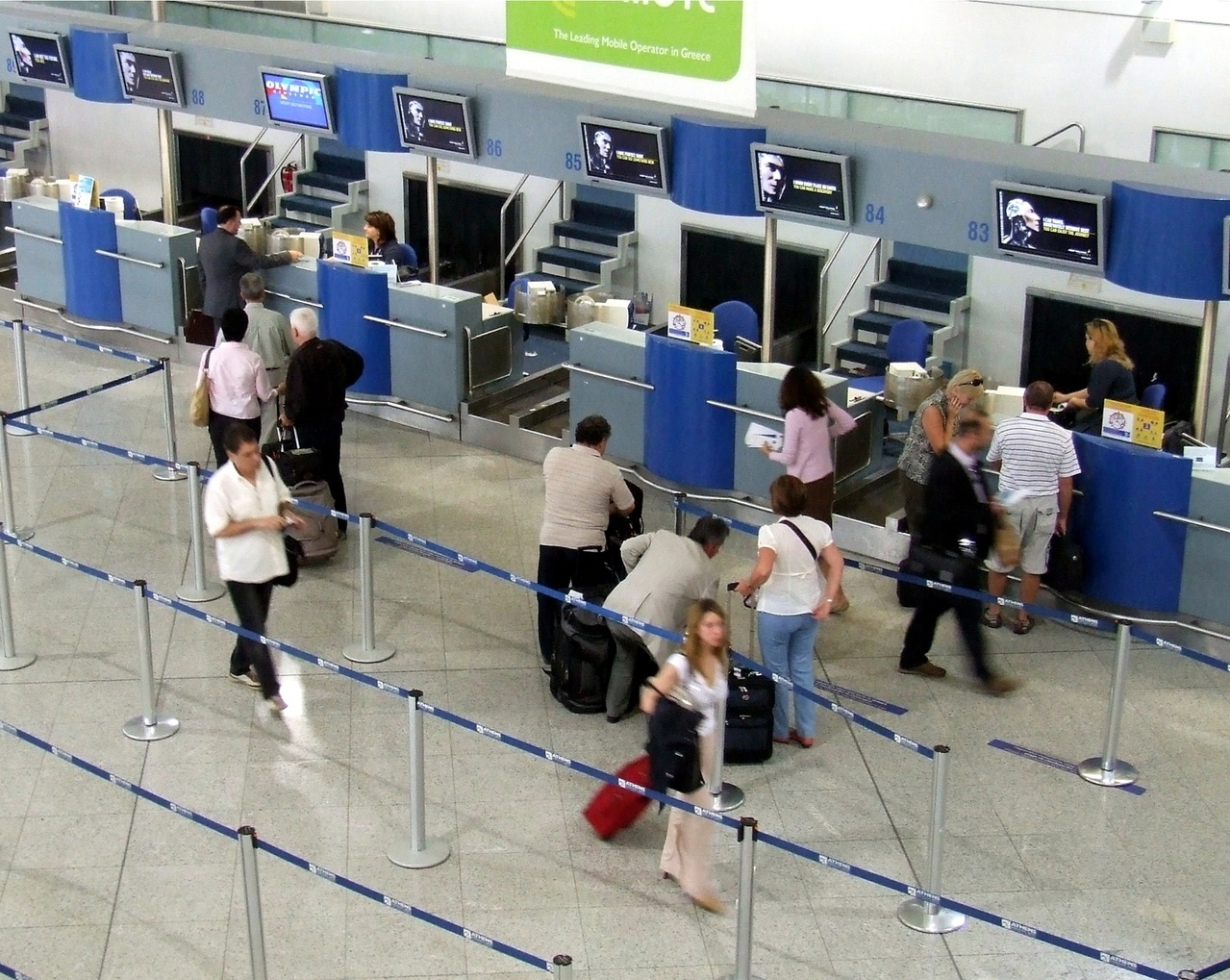POLITHEOR
European Policy Network
Blog 3 Columns
- Home
- Blog 3 Columns

Why Leave won and what’s next for the UK1
Brexiteers could not have dreamed of a more propitious Zeitgeist for their campaign: the recent Euro crisis, the hasten influx of refugees and migrants, the Islamic State’s attacks in Paris and Brussels, the March 2016 EU-Turkish deal on conditional visa-free allowances, the Prime Minister’s father’s involvement in the Panama Papers affair, and the Chancellor of the Exchequer’s withdrawal of some of his key proposals from the UK budget.
READ MORE
Parody and freedom of expression – who decides what is funny?0
- Human Rights and Migration, Op-ed
- 14/07/2016
Recently, German comedian Jan Boehmermann caused an international scandal when he published a parody song about Erdogan, after which he was sued by the Turkish president. How protected is parody as an act of freedom of expression?
READ MORE
Community leadership in Rio’s favelas: a showcase for resilience0
- International Relations and Global Affairs, Op-ed
- 13/07/2016
Rio de Janeiro has recently taken considerable initiative to better adapt to climate change and to make favelas more resilient. Yet, the positive effects have been limited. It is time to realize that the key to achieving true resilience lies within communities themselves.
READ MORE

NATO Summit Outcome: Preventing a conflict or creating one?0
- International Relations and Global Affairs, Op-ed
- 12/07/2016
The 2016 NATO Summit held in Warsaw has now ended. As expected, one of the main topics on the agenda was NATOs strategic response to Russia, which included debates about tactical troop positioning and other deterrence measures. What the summit – at least publicly – did not address, is the reason for the standoff between NATO and Russia and how NATO plans to prevent it from escalating.
READ MORE
All eyes on Rio: Blessing or curse for local tourism?1
- International Relations and Global Affairs, Op-ed
- 12/07/2016
The Olympic Games have manifested themselves as global extravaganzas that attract eyes from all over the world to its host city. Such worldwide attention has the power of attracting tourists long after the Games are over – look at what the 2010 FIFA World Cup did for South Africa. However, extensive media coverage might just as well expose flaws rather than strengths. Will the 2016 Olympic Games convince spectators that Rio de Janeiro, and Brazil at large, are the ultimate holiday destination? It is time for citizens, businesses and government to unite in an effort to showcase Rio’s unique beauty and spirit.
READ MORE
BREXIT Vol. 2: Britain’s withdrawal from the European Convention on Human Rights0
- Human Rights and Migration, Op-ed
- 11/07/2016
In the midst of debates on whether the United Kingdom (UK) should leave the European Union, the UK’s Home Affairs Secretary Theresa May came out with a controversial statement turning things upside down by redirecting the British opposition against another European institution – the European Convention on Human Rights (ECHR) and the European Court of Human Rights in Strasbourg.
READ MORE

Keeping Europe secure requires new thinking0
- EU Governance and Politics, Op-ed
- 08/07/2016
On the 21st of April the EU Council adopted the Passenger Name Records Directive, a security mechanism which enables law enforcement and national security agencies to access the personal data of everyone flying into and outside of the EU. This includes addresses, names, credit card information and details on accompanying passengers, even minors.
READ MORE
Ready, Set, Go: Fighting Olympic Corruption0
- International Relations and Global Affairs, Op-ed
- 08/07/2016
The preparation of the Olympic Games ends on a false note. In recent weeks, numerous scandals flooded news outlets all over the world. Be it the recent doping revelations, inconsistent awarding procedures or domestic cases of corruption that started with Petrobras and led to the impeachment of President Dilma Roussef. However, there is a straightforward solution for the IOC (International Olympic Committee) to mitigate the scandals related to the construction of the Olympic infrastructure: transparency in public procurement procedures.
READ MORE
